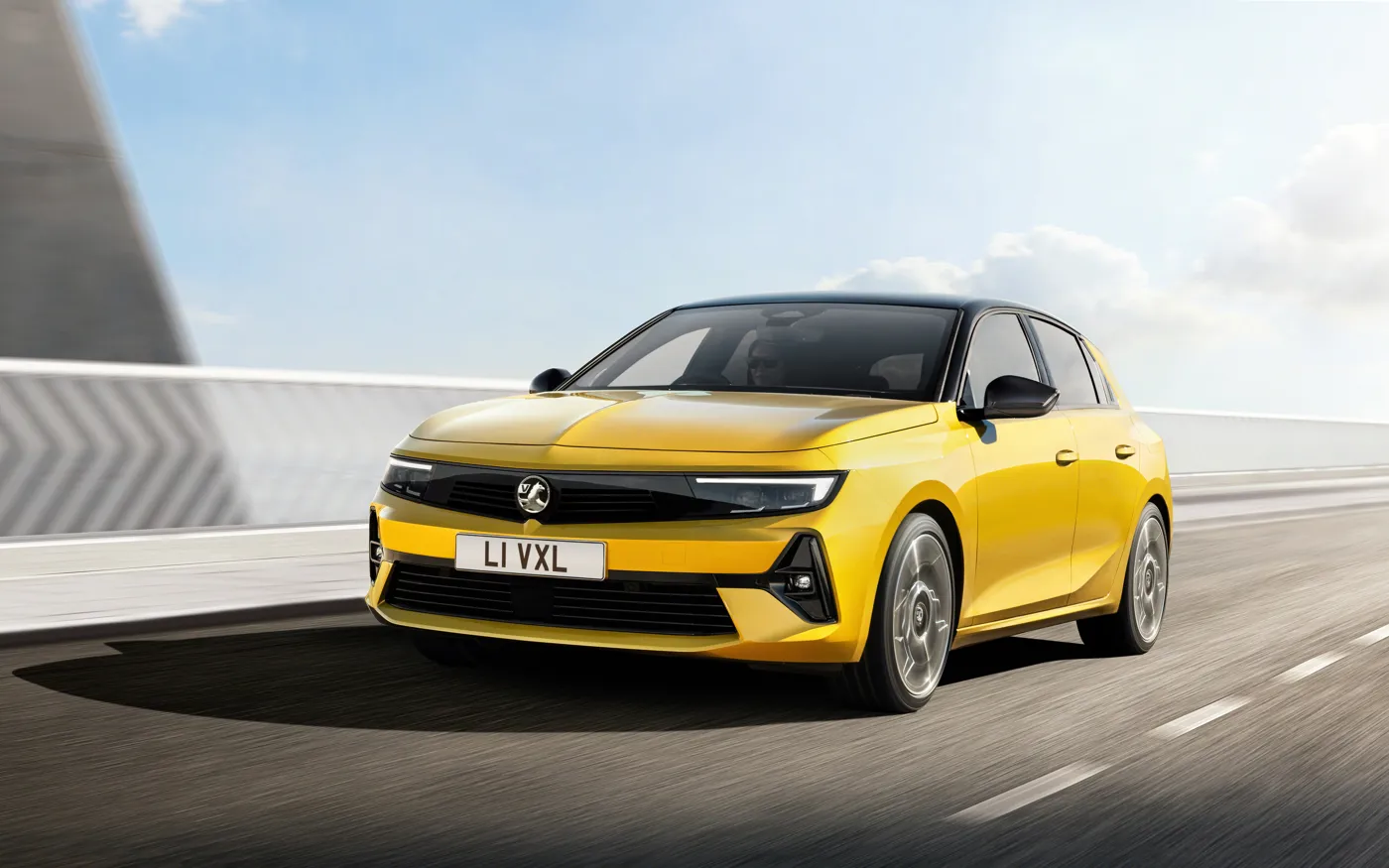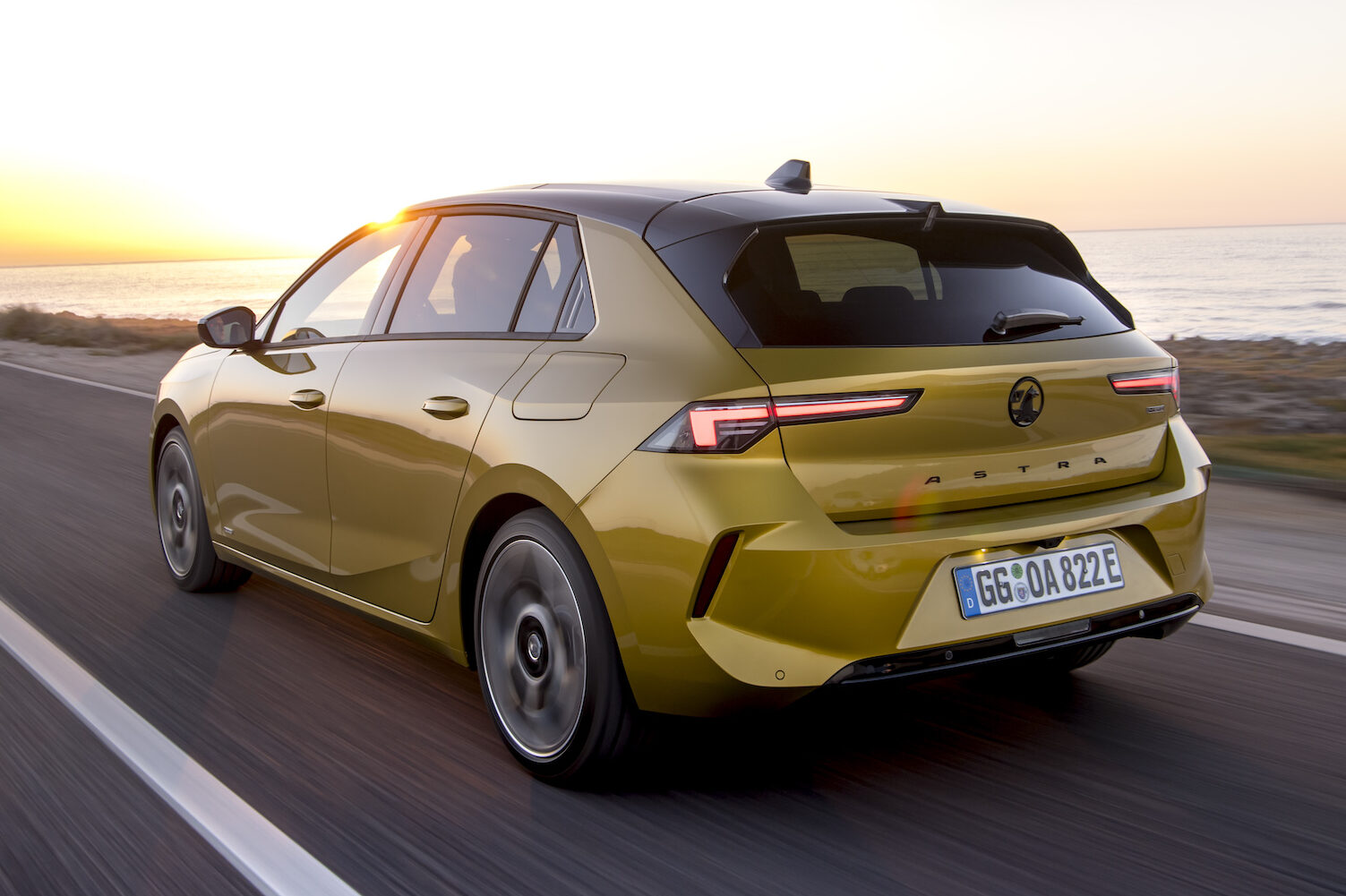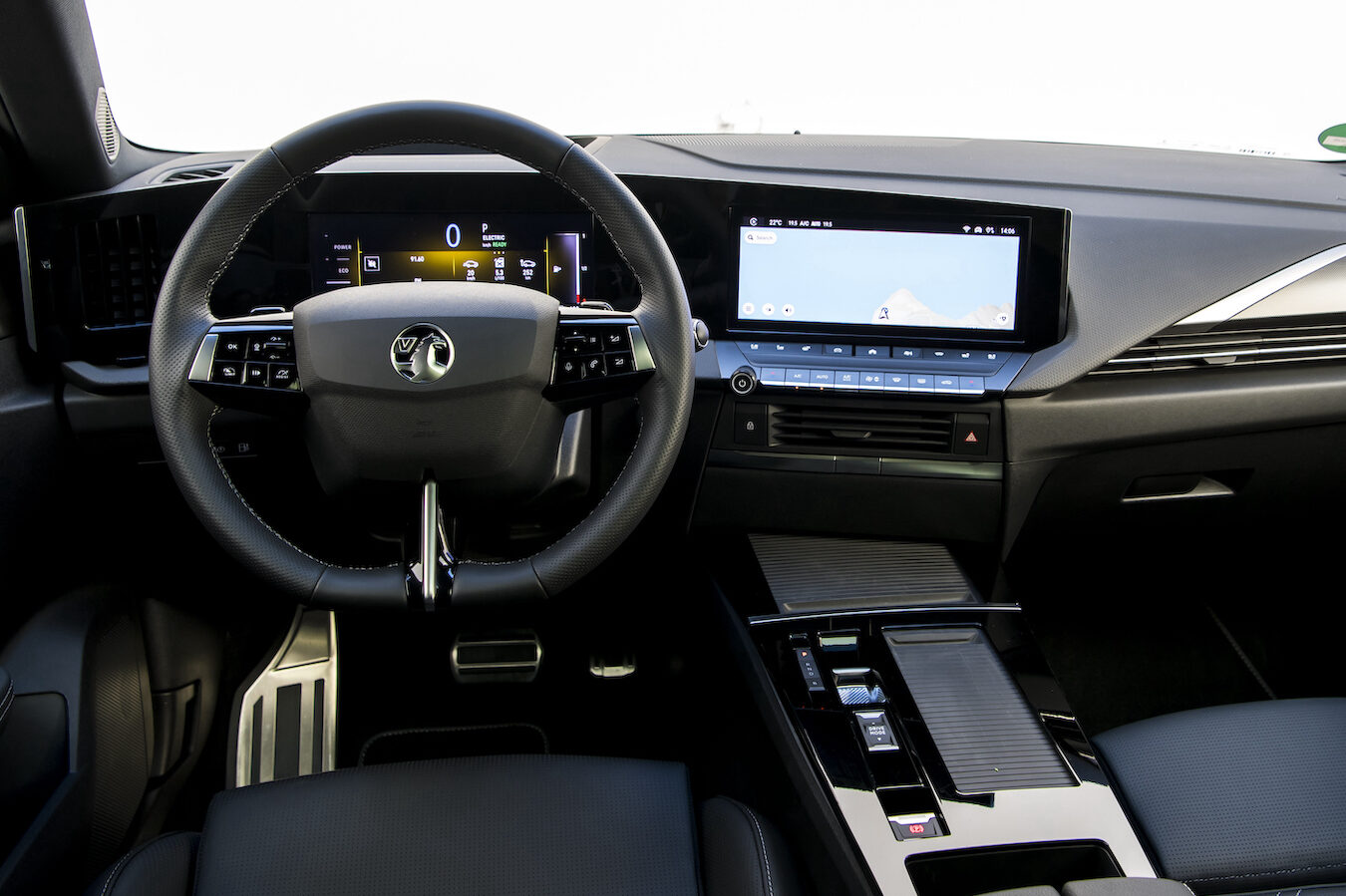Case Study: Are Hybrid Cars A Wallet-Friendly Transition to Green Mobility?

by AutoExpert | 19 October, 2023
The journey to electrified cars is gaining speed, with hybrid vehicles such as plug-in hybrids (PHEVs) serving as a stepping stone towards fully electric vehicles. Utilizing the Vauxhall Astra PHEV as a lens, we examine the financial intricacies of owning and operating a hybrid car.
Initial Costs: A Hefty Upfront Price Tag
Initially, the sticker price poses a significant barrier. The basic petrol Vauxhall Astra comes with a price tag of $36,165, while the entry-level PHEV variant starts at a hefty $50,955. This price differential, nearly $14,790, could fuel the petrol Astra for around 70,000 miles, assuming a realistic fuel economy of 45mpg.

Fuel Economy: A Tale of Two Mileages
Vauxhall claims a striking official fuel economy of 256mpg for the Astra PHEV. However, real-world testing paints a different picture. The PHEV Astra managed an average of 83.1mpg in hybrid mode, which tumbled to 41.7mpg once the battery was depleted. This highlights a critical point: the efficiency of a PHEV is largely dependent on regular charging. Without it, a PHEV could be less fuel-efficient than its petrol counterpart.

Electric Range: The Charging Conundrum
The electric range of the Astra PHEV significantly influences its cost-efficiency. Although Vauxhall touts a 42-mile electric range, real-world figures during winter months hovered between 17 and 23 miles. This restricted range underscores the PHEV’s suitability for shorter commutes within the vicinity of charging infrastructure.
Taxation: A Slight Edge for PHEVs
In the realm of taxation, the PHEV gains a slight advantage. The first-year road tax for a new petrol Astra stands at $282, reducing to $241 annually from the second year. Conversely, the Astra PHEV enjoys a zero first-year tax and a modest $228 annual tax thereafter due to its lower CO2 emissions.

Moreover, company car drivers can tap into substantial tax savings with a PHEV. For instance, a 20% taxpayer would pay $2,383.04 per year for a petrol Astra with a P11D value of $39,722, while the same taxpayer would only part with $813.78 annually for the PHEV Astra with a P11D value of $50,827, thanks to its lower BiK tax bracket courtesy of reduced CO2 emissions.

Verdict: Weighing the Financial Prudence
The financial sensibility of a hybrid car largely rests on individual driving habits and access to charging facilities. For urban dwellers with shorter daily commutes and convenient charging access, a PHEV like the Vauxhall Astra can be a cost-effective and eco-friendly choice. However, those frequently embarking on longer journeys may find a petrol car still holds a financial advantage, unless the hybrid is acquired as a company car, leveraging tax benefits to offset the higher initial costs.

















